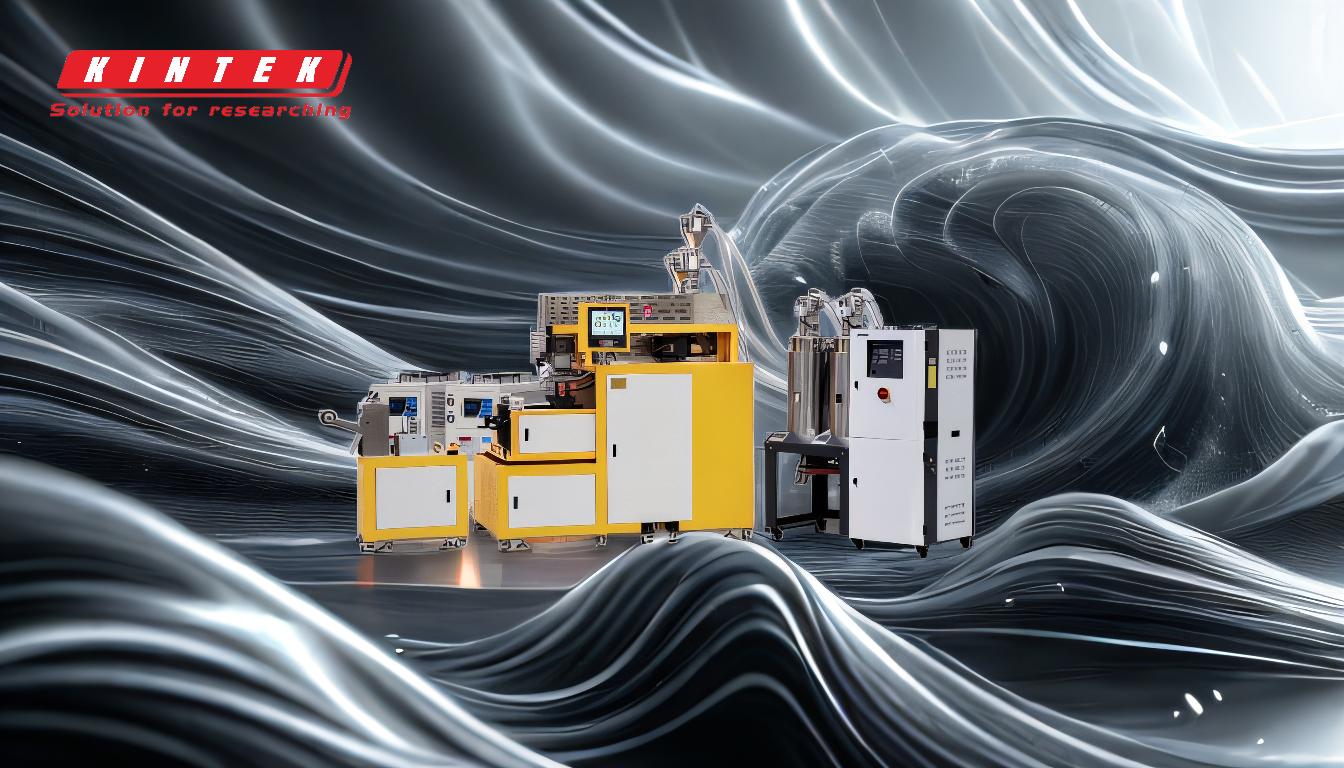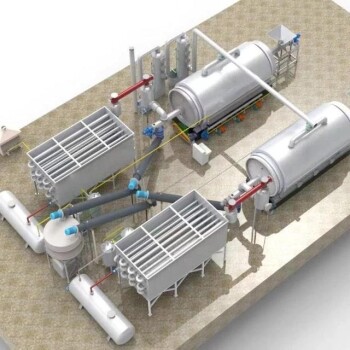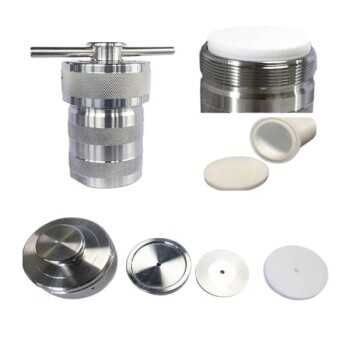Destructive distillation and pyrolysis are both thermal decomposition processes, but they are not the same. Destructive distillation involves heating organic materials in the absence of air or oxygen, leading to the breakdown of complex molecules into simpler ones, often producing a mixture of gases, liquids, and solids. Pyrolysis, on the other hand, is a broader term that refers to the thermal decomposition of materials at elevated temperatures in the absence of oxygen, resulting in the production of gases, liquids, and char. While both processes involve heat and the absence of oxygen, destructive distillation is typically associated with the production of specific products like coal tar and coke, whereas pyrolysis is more general and can be applied to a wide range of materials, including biomass, plastics, and other organic compounds.
Key Points Explained:

-
Definition of Destructive Distillation:
- Destructive distillation is a process where organic materials are heated in the absence of air or oxygen, leading to the breakdown of complex molecules into simpler ones. This process is often used to produce specific products such as coal tar, coke, and other chemicals from coal or wood.
-
Definition of Pyrolysis:
- Pyrolysis is a thermal decomposition process that occurs at elevated temperatures in the absence of oxygen. It is a more general term that can be applied to a wide range of materials, including biomass, plastics, and other organic compounds. The process results in the production of gases, liquids, and char.
-
Key Differences:
- Scope: Destructive distillation is more specific and is often associated with the production of particular products like coal tar and coke. Pyrolysis, however, is a broader process that can be applied to various materials.
- Applications: Destructive distillation is commonly used in the production of chemicals and fuels from coal and wood. Pyrolysis is used in a variety of applications, including biomass conversion, waste management, and the production of bio-oils and syngas.
- Products: The products of destructive distillation are often more defined, such as coal tar and coke. Pyrolysis can produce a wider range of products, including gases, liquids, and char, depending on the material being processed.
-
Similarities:
- Both processes involve the thermal decomposition of organic materials in the absence of oxygen.
- Both processes can produce gases, liquids, and solids as end products.
- Both are used in industrial applications to convert raw materials into useful products.
-
Industrial Relevance:
- Destructive Distillation: This process is historically significant in the production of coal tar, which was used in the early chemical industry. It is still relevant in certain niche applications, such as the production of coke for metallurgical processes.
- Pyrolysis: Pyrolysis has gained significant attention in recent years due to its potential in renewable energy and waste management. It is used to convert biomass into bio-oil, syngas, and biochar, which can be used as fuels or soil amendments.
-
Environmental Impact:
- Destructive Distillation: The environmental impact of destructive distillation can be significant, especially when dealing with coal, due to the release of pollutants and greenhouse gases.
- Pyrolysis: Pyrolysis can be more environmentally friendly, especially when applied to biomass or waste materials, as it can help reduce waste and produce renewable energy. However, the environmental impact depends on the feedstock and the efficiency of the process.
In summary, while destructive distillation and pyrolysis share some similarities, they are distinct processes with different applications, products, and environmental impacts. Understanding these differences is crucial for selecting the appropriate process for specific industrial or environmental goals.
Summary Table:
| Aspect | Destructive Distillation | Pyrolysis |
|---|---|---|
| Definition | Heating organic materials without oxygen. | Thermal decomposition without oxygen. |
| Scope | Specific (e.g., coal tar, coke). | Broad (e.g., biomass, plastics). |
| Applications | Chemicals, fuels from coal/wood. | Biomass conversion, waste management. |
| Products | Coal tar, coke, chemicals. | Gases, liquids, char (varies by material). |
| Environmental Impact | Higher pollutants (e.g., coal processing). | More eco-friendly (e.g., biomass/waste). |
Need help choosing the right thermal decomposition process? Contact our experts today!









